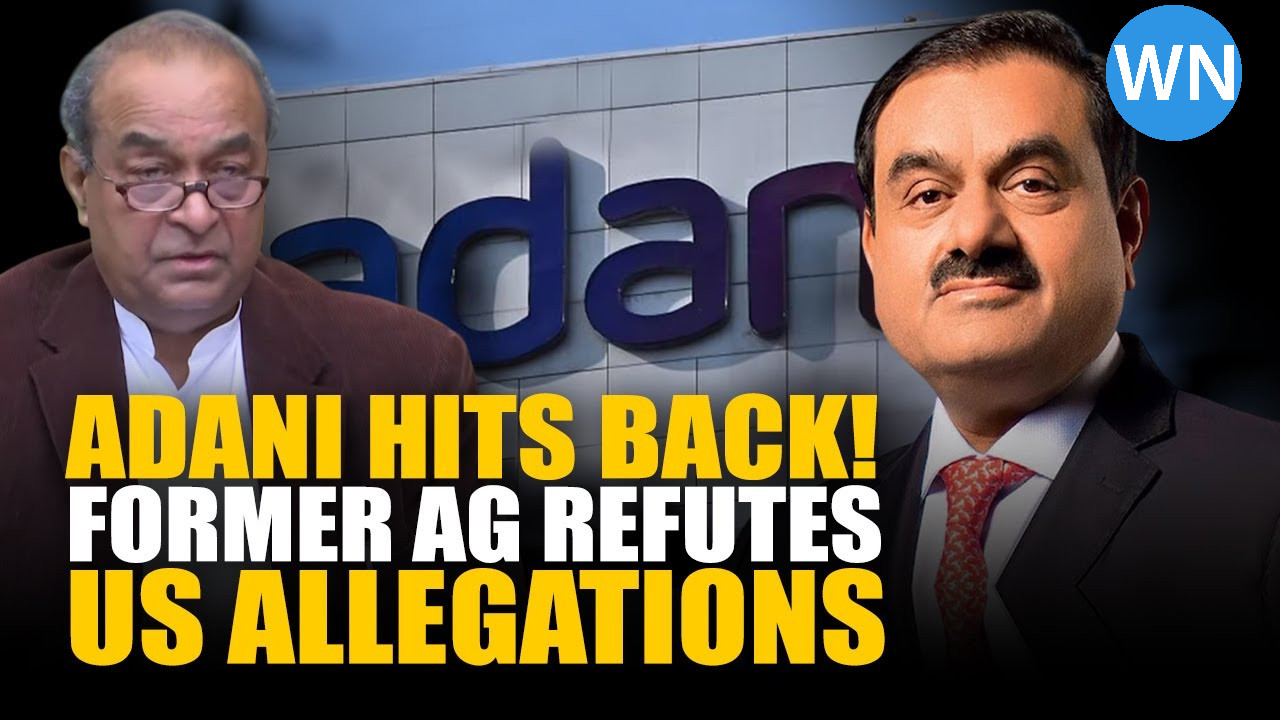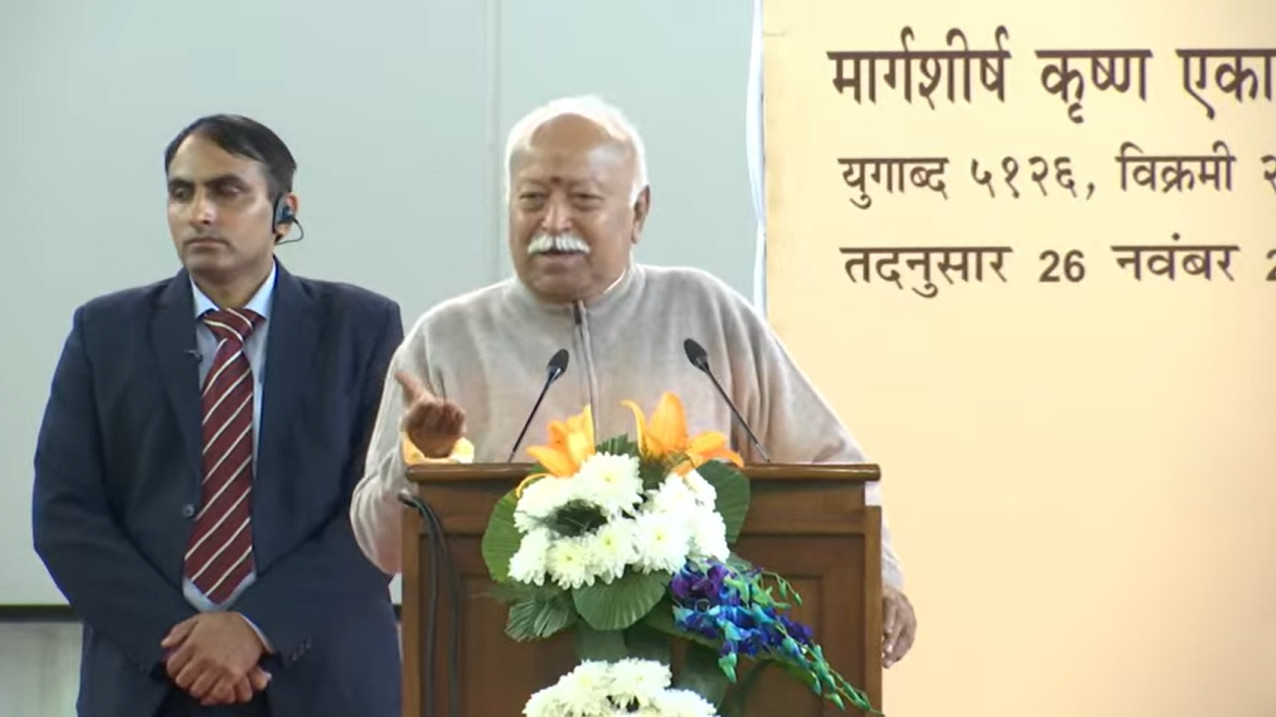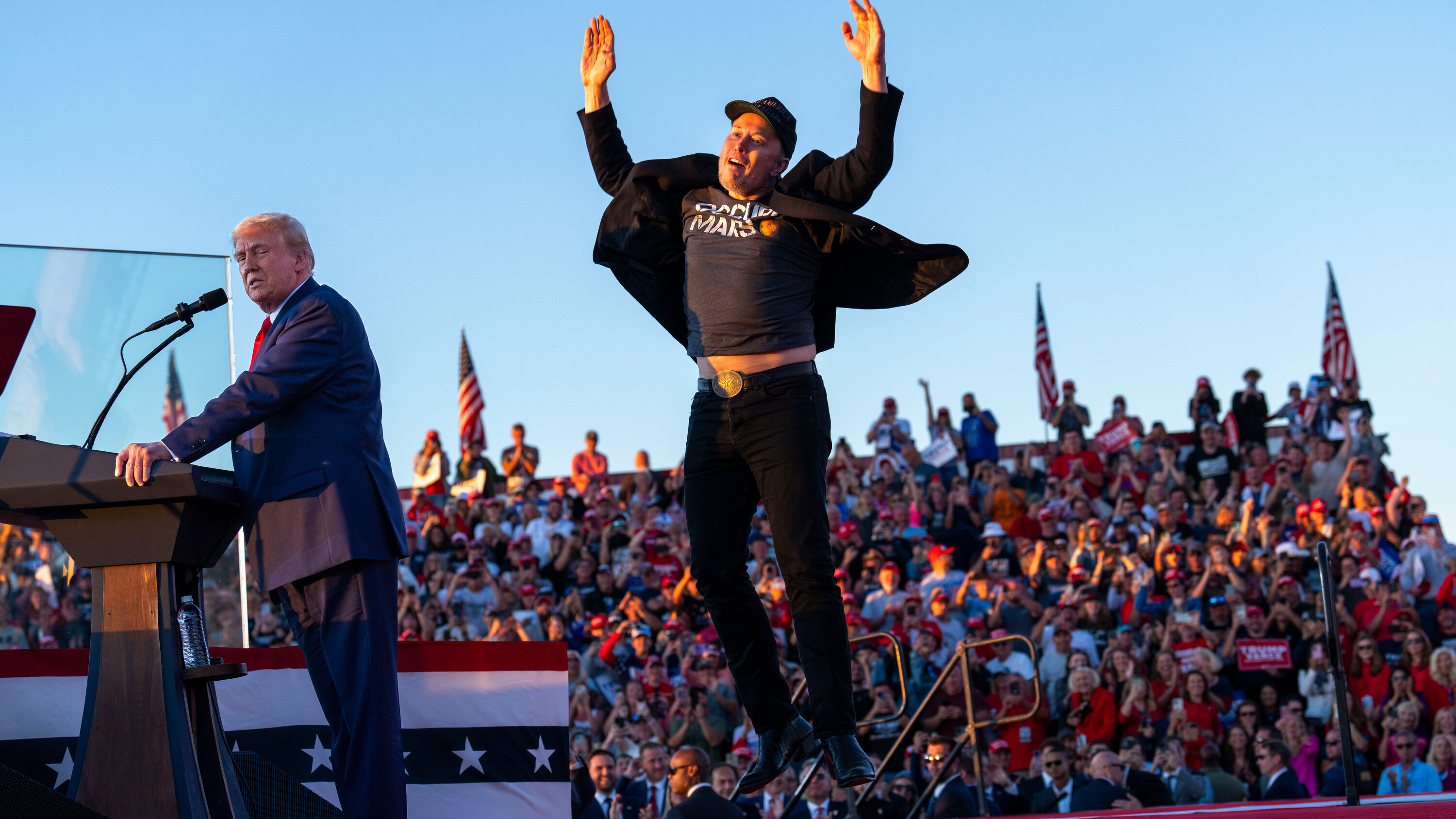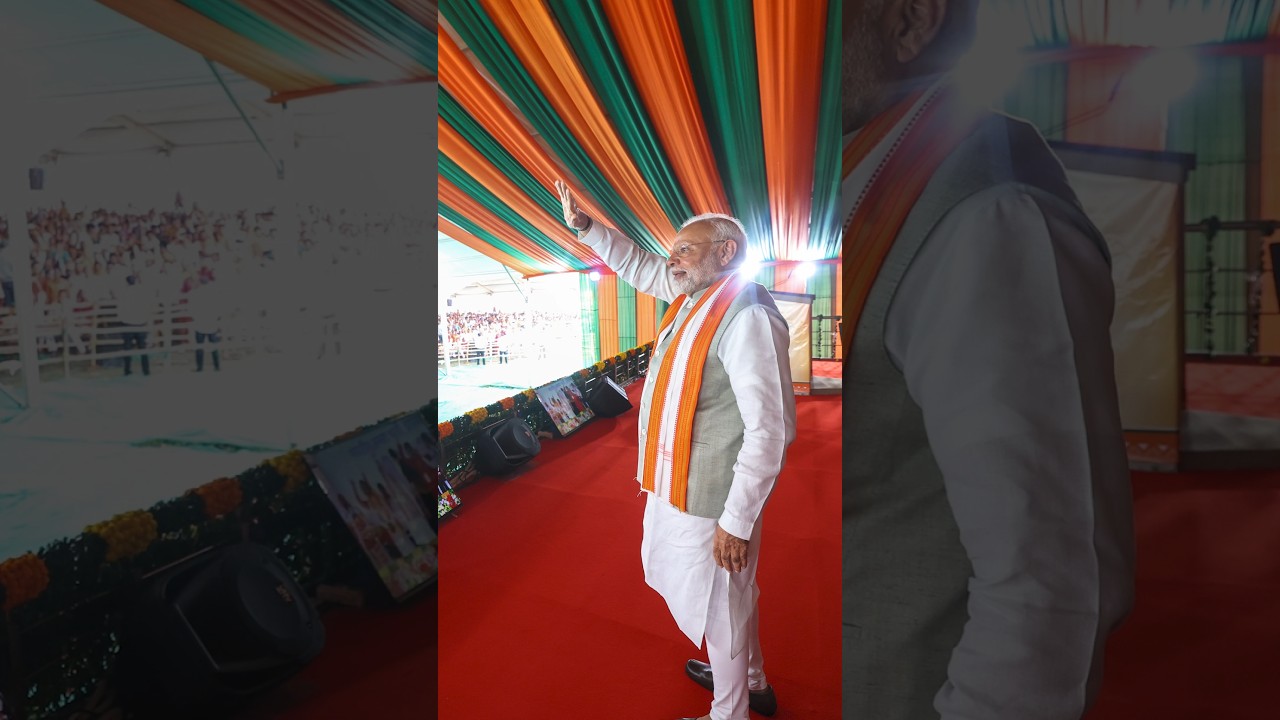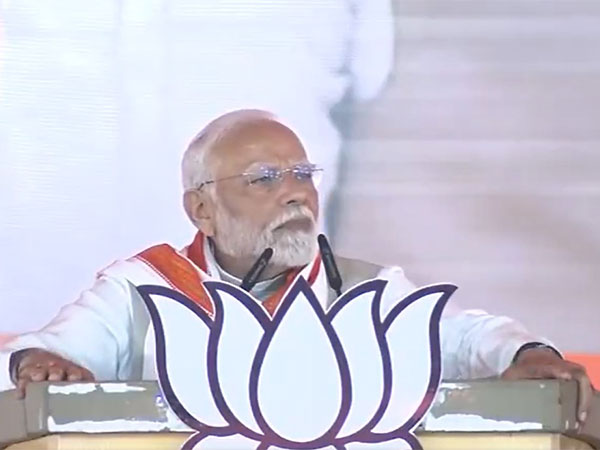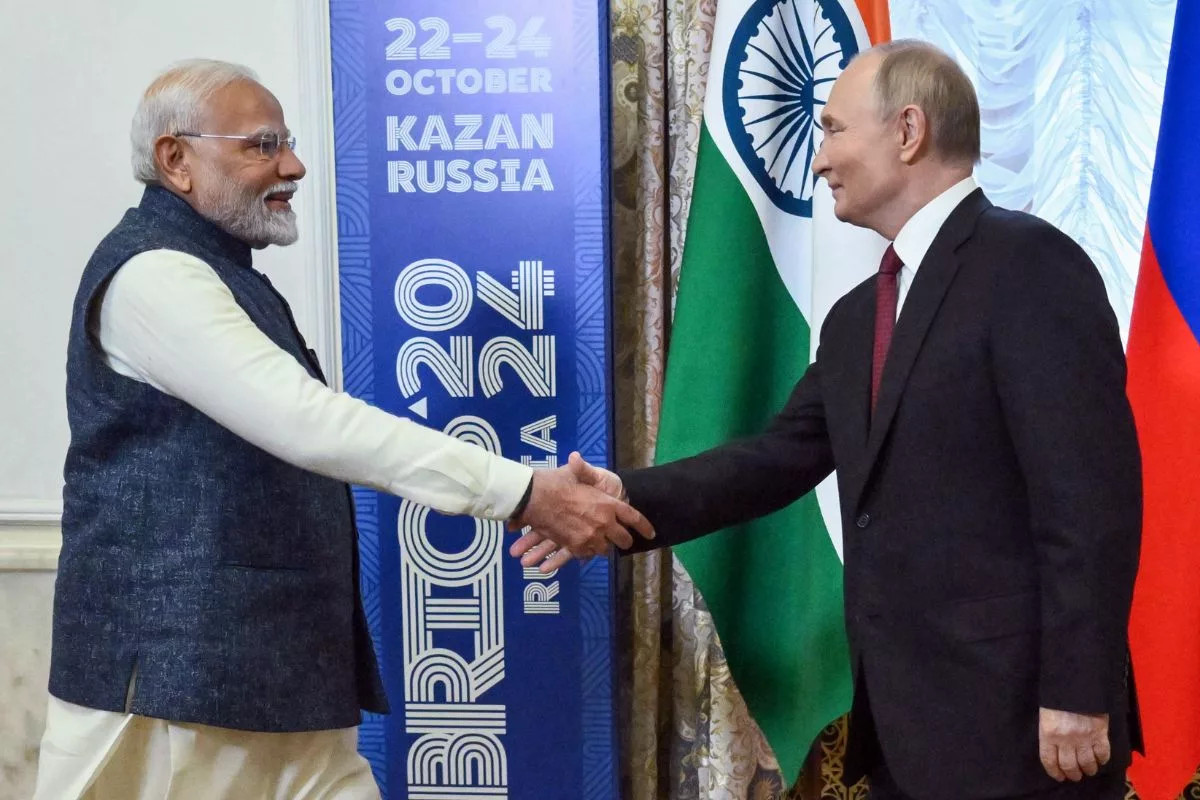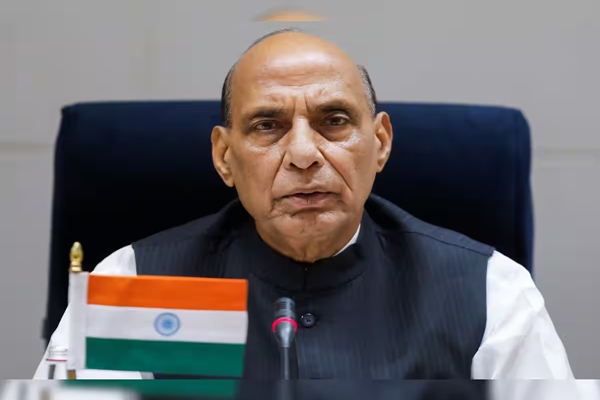During his campaign, Donald Trump has made several high-profile promises, some of which have sparked debate over their feasibility and potential impact. Many of Trump’s campaign promises involve significant legal, legislative, and logistical hurdles, meaning that even with strong executive power, achieving these objectives would require cooperation from Congress, states, and possibly even constitutional amendments. The feasibility of these proposals largely depends on navigating political opposition, potential legal battles, and the practical realities of implementation, making some of these promises more symbolic than attainable.Here’s a rundown of some of the bold promises he’s made on the trail, alongside an analysis of their practicality:1. Massive Federal Layoffs and Rehiring of
Ratan Tata's 'no comments' was more 'thunderous' than any statement when asked if he shared the apprehensions of some Tata group veterans who felt that Cyrus Mistry was trying to break up the conglomerate, according to the author of biography of the late industrialist, Thomas Mathew. Tata had fully supported late Mistry as his successor in 2012, despite having second thoughts over the suitability of the latter at the end of the first year of 'parallel running' as Chairman designate and his replacement as Chairman of Tata Sons in 2016 was due to "an ethical and a moral issue", coupled with performance issue, Mathew told PTI Video in an interview. In the biography 'Ratan Tata A Life', some Tata group veterans have been quoted airing their apprehensions about Mistry trying to break up the s
BEIJING: As Republican Donald Trump claimed victory in the U.S. presidential election, defeating Democrat Kamala Harris, China is bracing for four more years of bitter superpower rivalry over trade, technology and security issues. Trump showed strength across broad swathes of the country, earning a bigger share of the vote nationwide than he did four years ago, ballots showed. Chinese strategists said that while they expected more fiery rhetoric and potentially crippling tariffs from Trump, some said his isolationist foreign policy could give Beijing a vacuum to expand its global influence. "Beijing anticipated a close race in the U.S. election. Although Trump's victory is not China's preferred outcome and raises concerns, it is not entirely unexpected," said Tong Zhao, senior fellow at th
